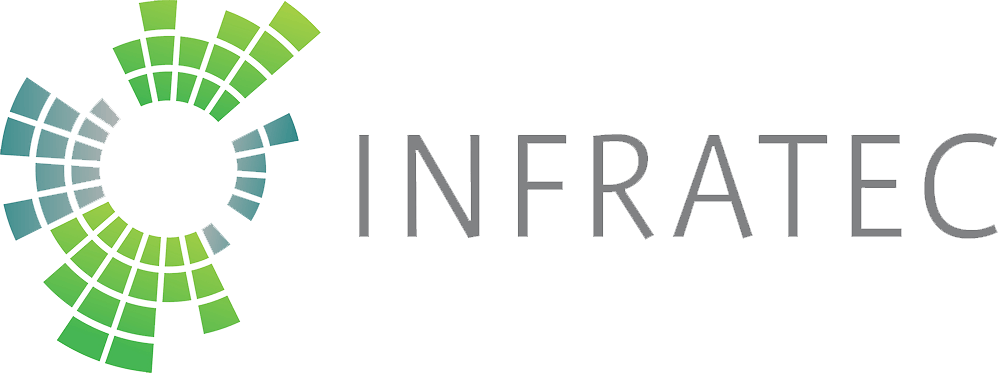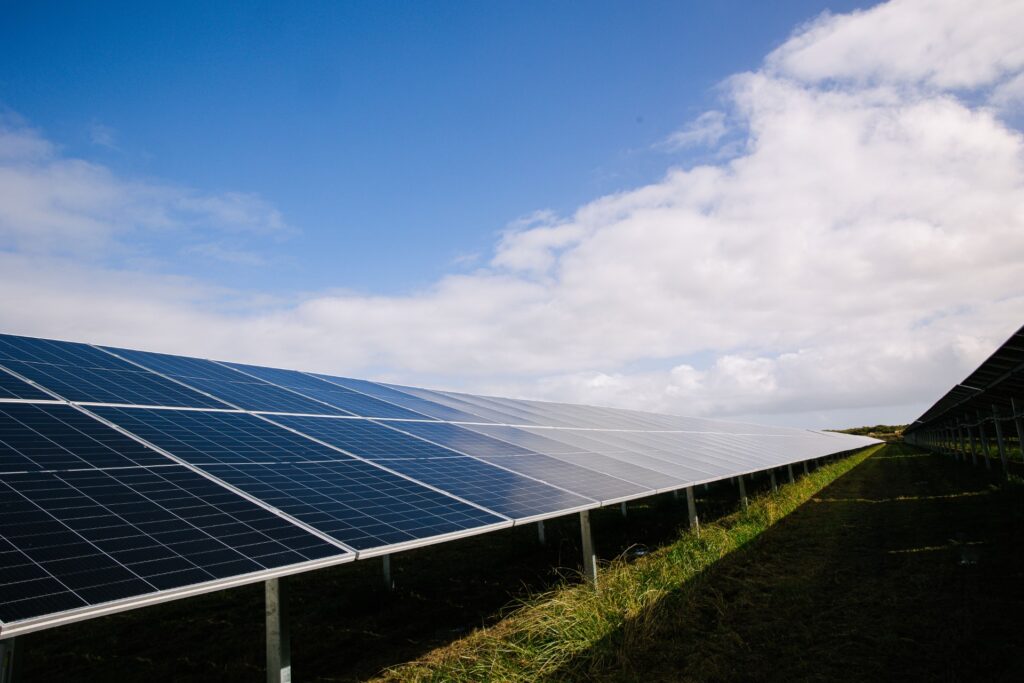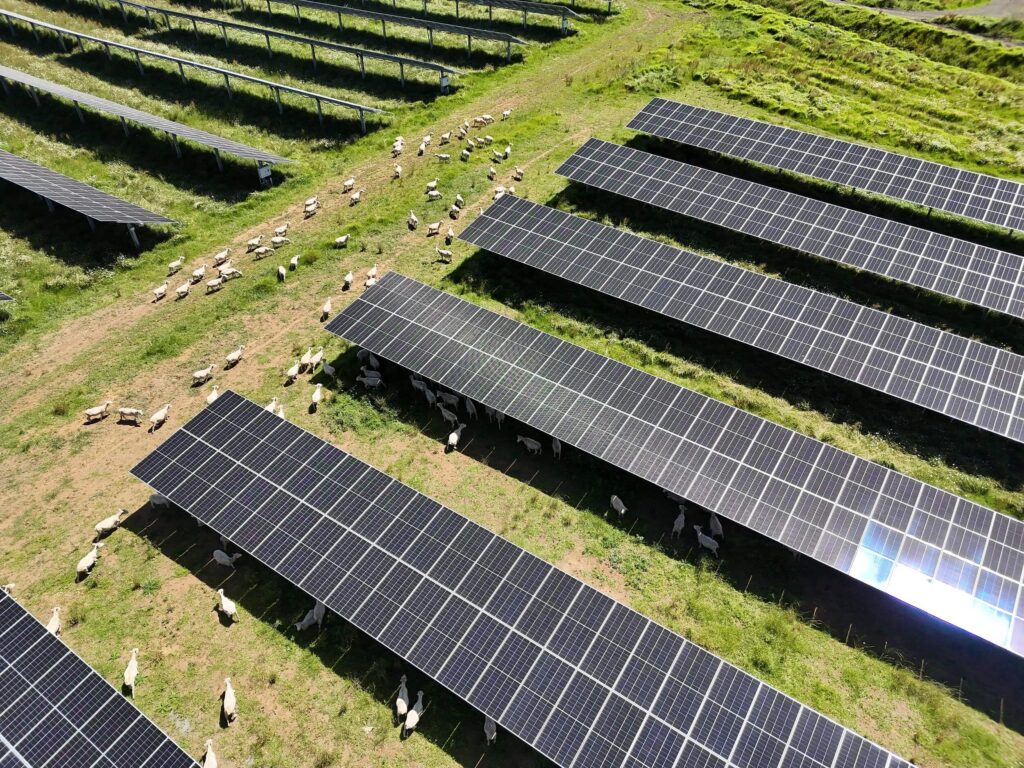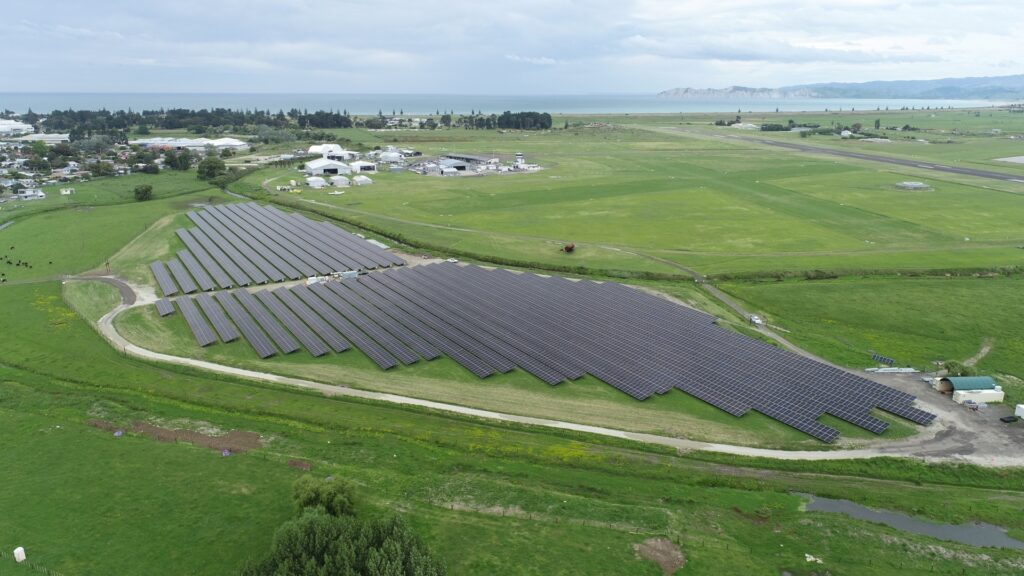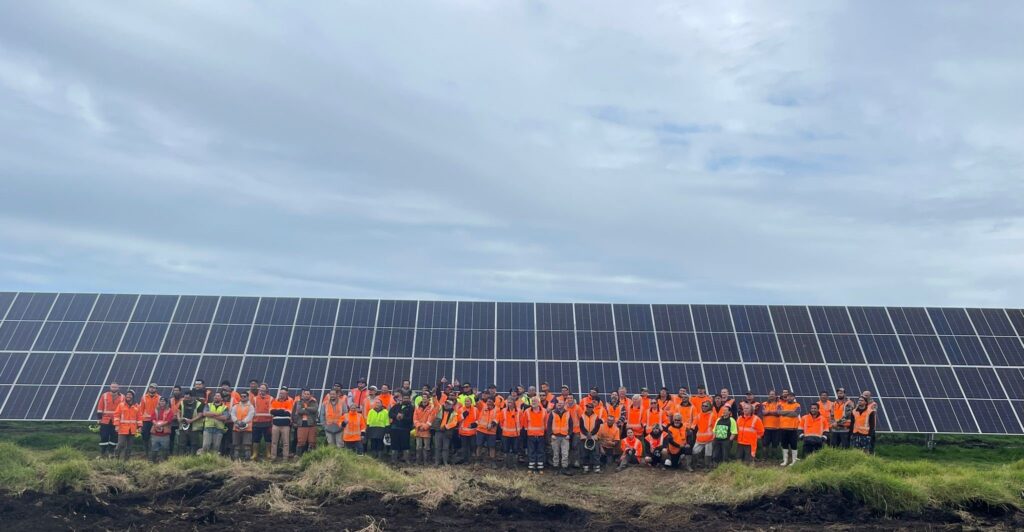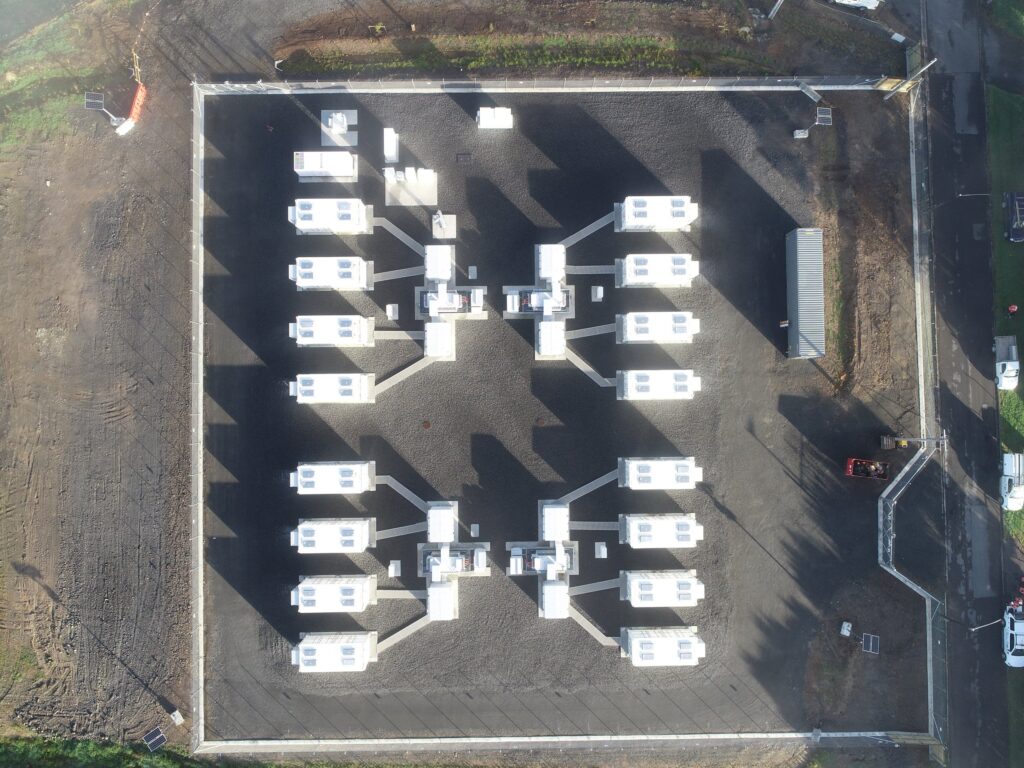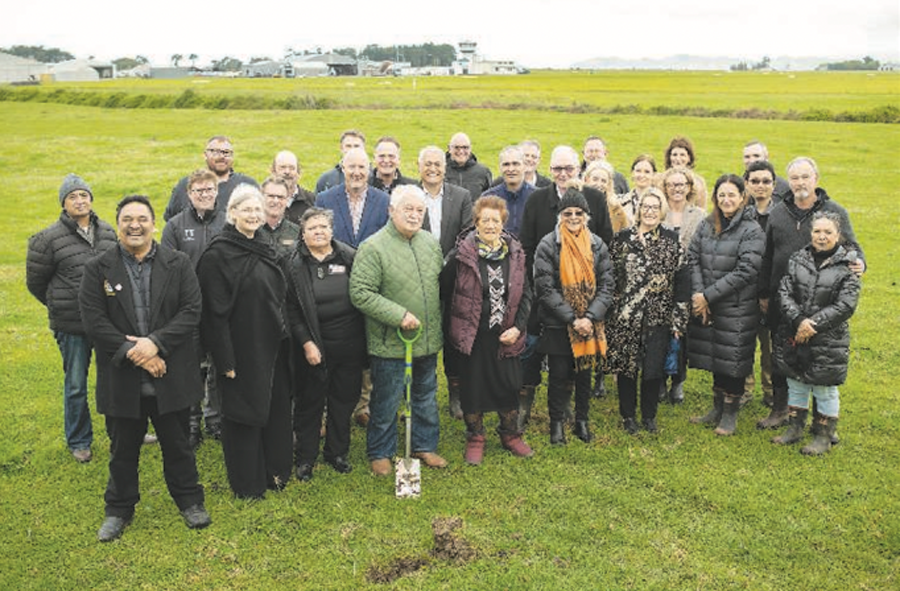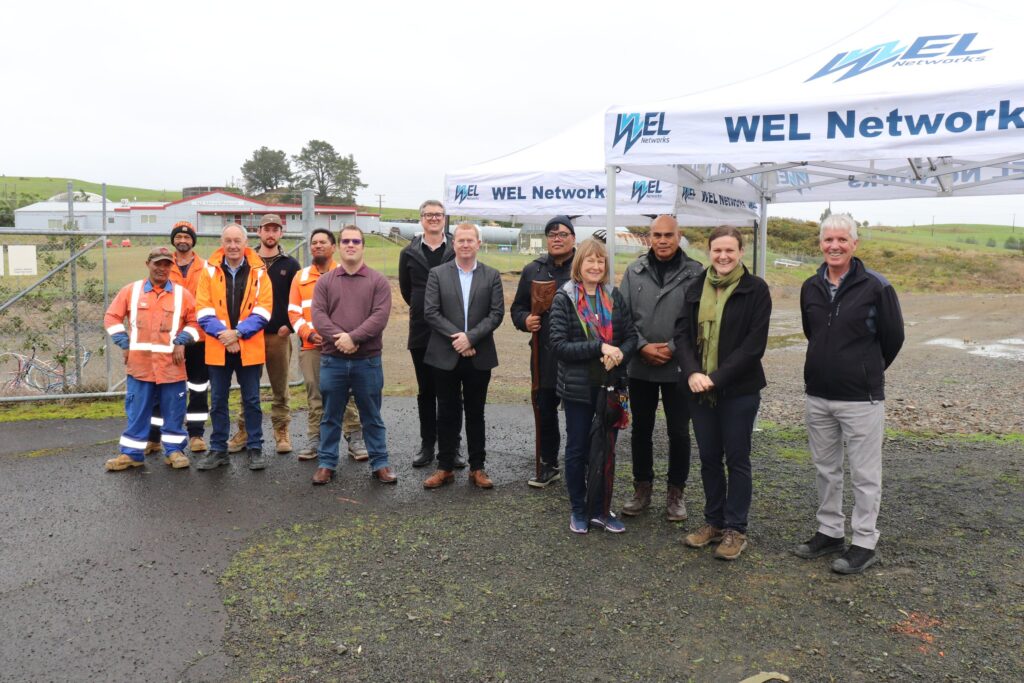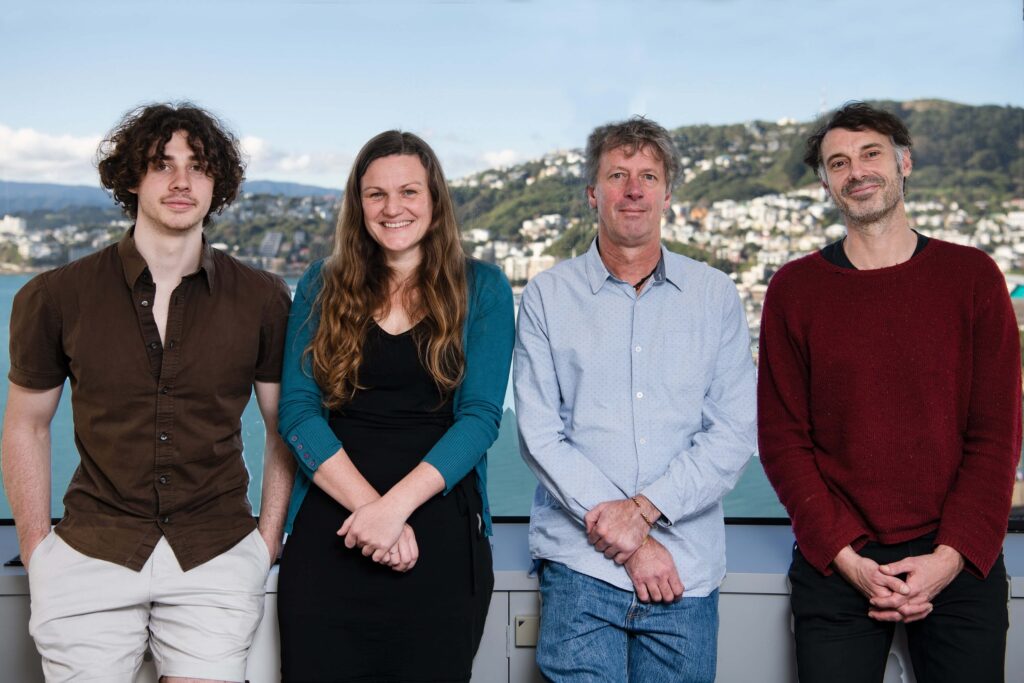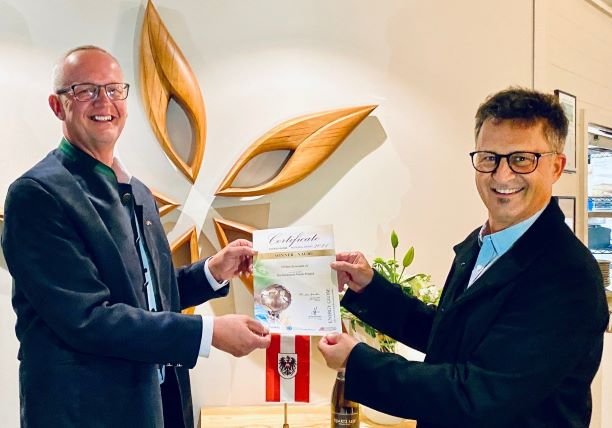Partnership to accelerate low-carbon research in NZ
Infratec and the MacDiarmid Institute have signed a ground-breaking agreement to accelerate New Zealand based research into low carbon energy solutions.
It brings together world leading New Zealand research labs under the umbrella of the MacDiarmid Institute for Advanced Materials and Nanotechnology, and Infratec, a world leading low carbon energy developer.
The recently signed Memorandum of Understanding will advance academic research, education and development around materials and storage for low carbon energy.
Under the MOU, Infratec and the MacDiarmid Institute for Advanced Materials and Nanotechnolgy will work together to develop training facilities such as research sites and product demonstrators with New Zealand academia.
The MOU will see Infratec host graduates from the MacDiarmid Institute for Advanced Materials and Nanotechnology as interns, with a particular focus on supporting existing student research, applying new technologies and helping provide industrial exposure. The internship programme also aims to help graduates to further their academic or industrial careers.
The signing of the MOU recognises the international presence of Infratec and the benefits this can have for and from academia, and the science excellence and international reputation of the MacDiarmid Institute.
In the long term, Infratec hopes to share real site data with researchers and academics from the MacDiarmid Institute to inform the design and operation of new technologies. It will also enhance the long-term benefits Infratec can offer to its customers through new knowledge and technologies, and may help to facilitate relationships between New Zealand and foreign universities in countries where Infratec works – such as collaborative research or educational programmes.
The MOU will create new opportunities for academia in low carbon research, enhance the already leading energy research being conducted in New Zealand, and ultimately deploy new technology into the electricity grid. That’s something we all want as we strive to achieve net zero carbon emissions and to reduce energy poverty.

